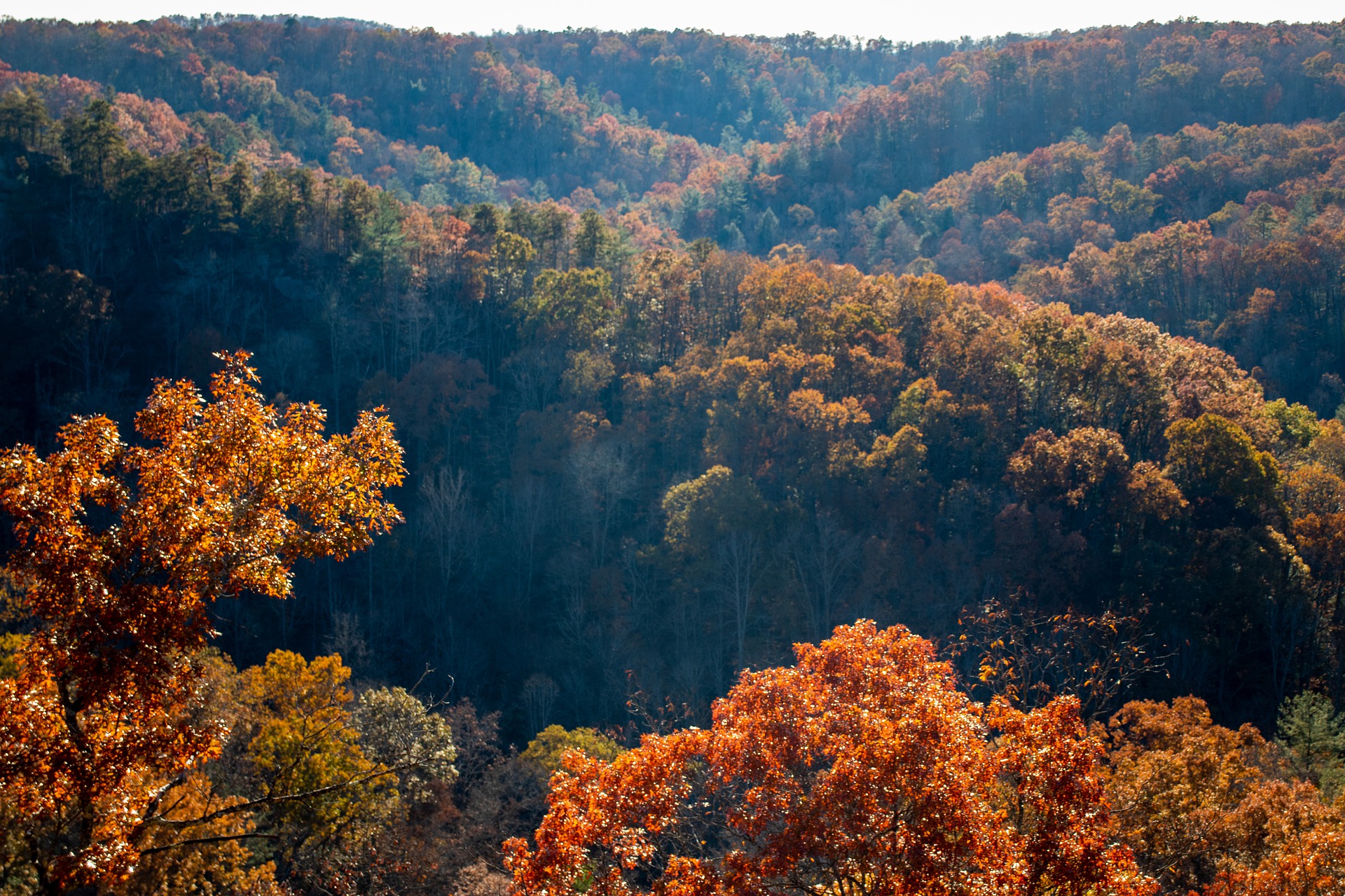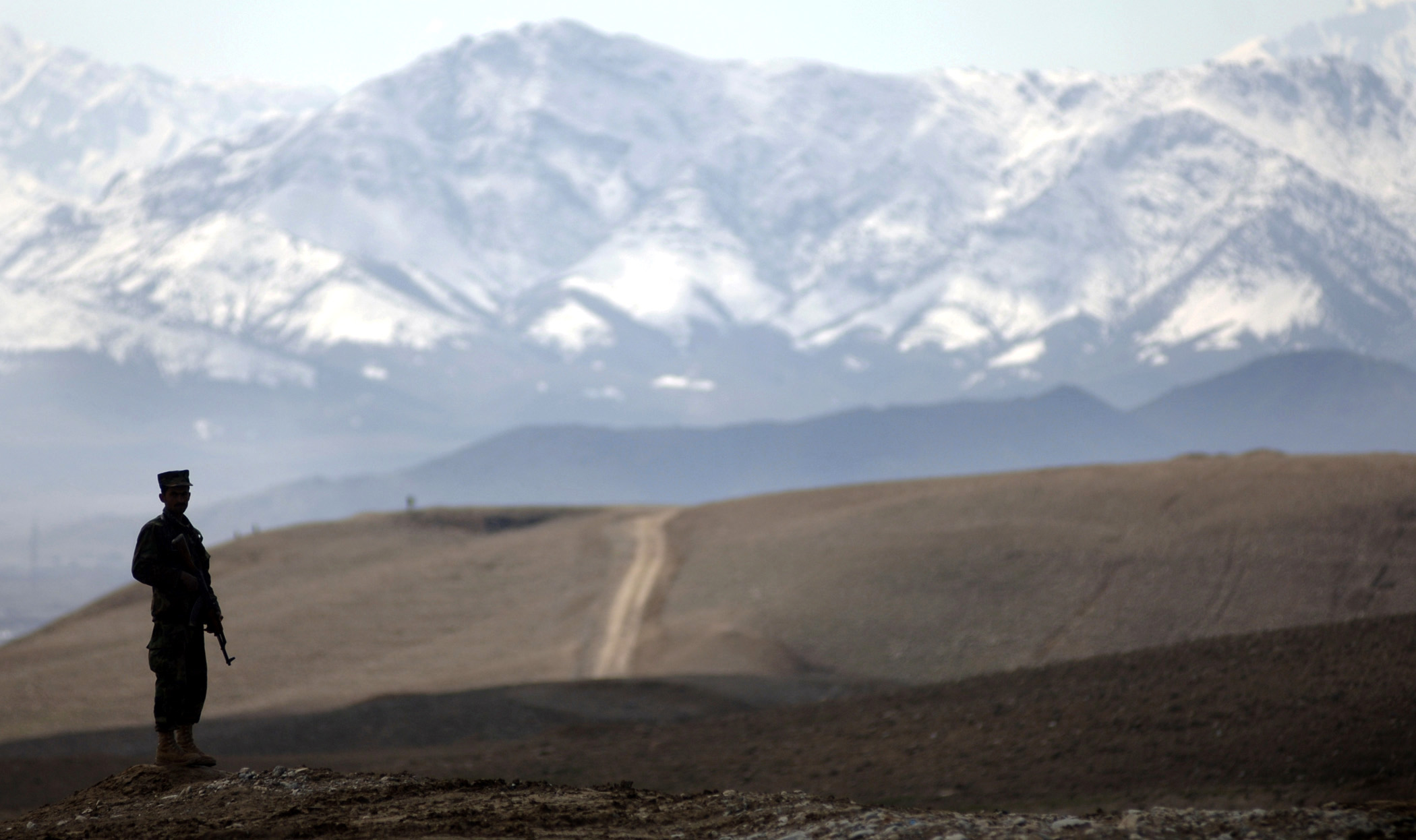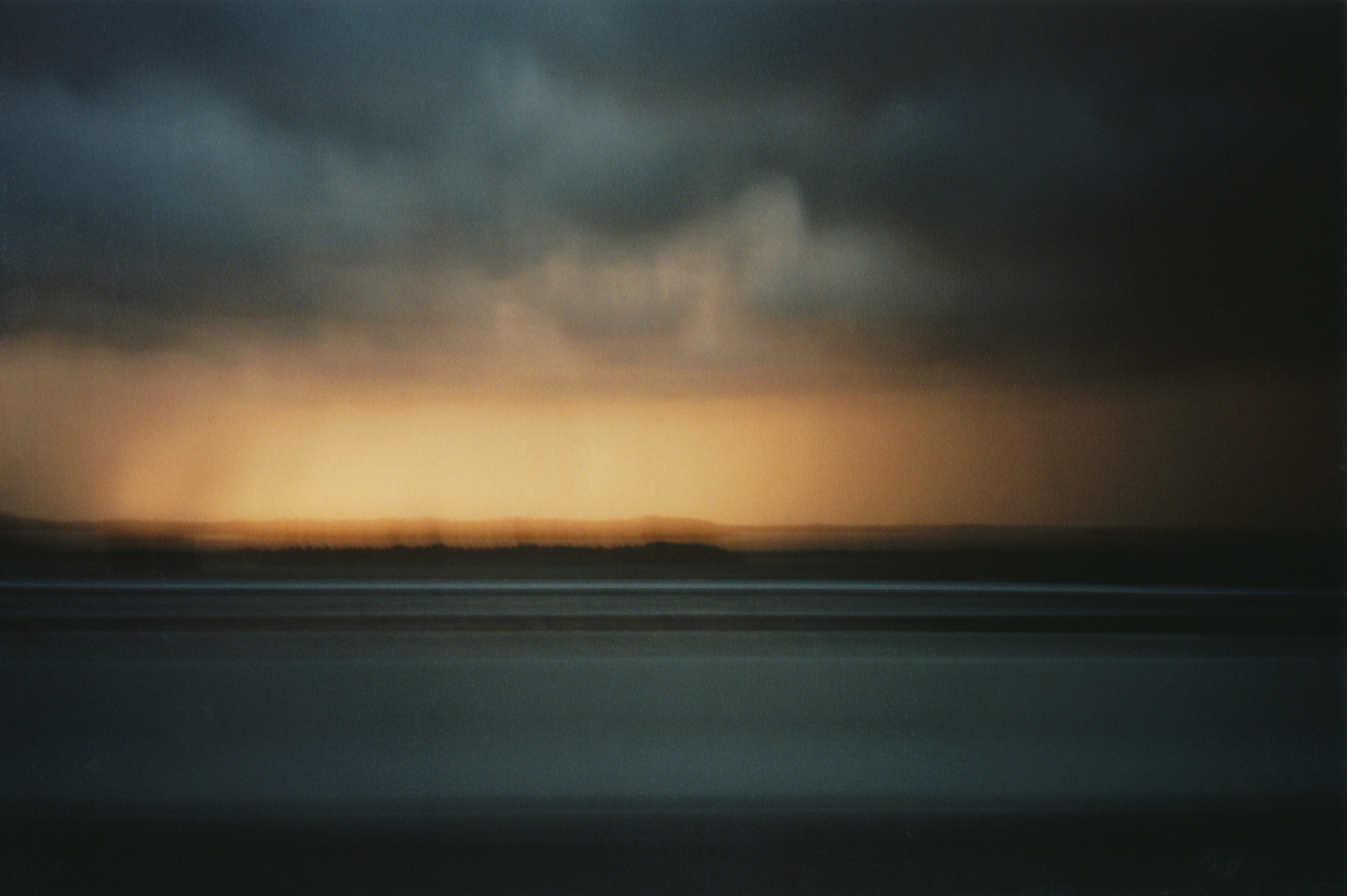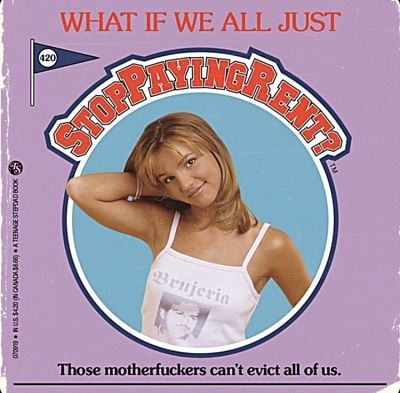After being incarcerated for nearly a decade, I have finally made it to a minimum-security facility. In the federal system, these facilities are referred to as camps, typically companion facilities to a United States Penitentiary. This dual-facility complex, U.S.P Lee and Camp Lee, is located in Virginia, wedged between southeast Kentucky and northeast Tennessee. The heart of Appalachia.
U.S.P Lee is a fortress made of concrete and steel, surrounded by a thirty-foot wall trimmed with razor wire. Outside the wall is a double layer of electrified fencing also trimmed by razor wire. This is a maximum security prison, housing those considered the most dangerous criminals in the federal system.
I have had the good fortune of never residing in one of these federal fortresses, but I have been close. I have worked my way down from medium-high security and have now landed in what is considered a convict’s paradise, Camp Lee.
Lately, my job on the landscaping crew has allowed me to become a tour guide. I have access to a vehicle—a John Deere Gator 4-seater side-by-side, and I am very adventurous, which makes for a good combination.
U.S.P Lee and Camp Lee sit on about 300 acres. There is an abundance of green rolling hills and thick forest. A large portion of the mountainside was blown apart to make room for the penn.
Huge tractors and bush hog mow the hills and fields while my crew and I maintain the grass around the buildings and along the side of the road. Through the forest there are trails and so much other land that never gets seen by the eye of a typical inmate. That is where I come in.
By the time most guys arrive here, it’s safe to say that they have been severely restricted in their movements, confined to the limited areas allotted to them from behind a fence.
The service I provide is somewhat of a nature ride—taking guys to the edges of the prison complex grounds. I drive to the point where it feels illegal, like we are breaking some rule or another by being so far from the actual prison.
Over 300 yards from our dorm is U.S. Highway 58. On my side-by-side we go to the point where the highway and complex meet. My passengers see the traffic whiz by, hear the sounds of engines revving, and feel the wind blow back as a tractor trailer passes at 70 miles per hour.
I look at the faces of guys and see the smiles crack wide. I don’t wonder what they are thinking; I know because I thought it too. Free at last! Normalcy! Right there, society in motion directly in front of me. Commerce and families in movement, within my reach but somehow just out of touch.
I cut the motor and allow them to hear the sounds of life. A chance to feel the breeze not filtered through a prison gate. An opportunity to enjoy the moment of being closer to home by tip-toeing on the edge of confinement. Once they snap out of this hypnotic happiness, I fire up the engine and ride slowly past football-sized gardens along the highway, as if we are in traffic.
On our way to our next stop, I don’t talk. I smile on the inside from the pleasure of seeing their pleasure. We are on our way to the top shelf, the highest point on the property. Over rocky terrain and thick grass, we creep behind the U.S.P catching a side-eye from the corrections officer patrolling the perimeter. We avoid eye contact and continue onto the shelf, which takes us higher than the wall and gun towers. In the middle of this huge pasture, under the shade of big beautiful trees, separated from a private farm only by a rotten-wood, waist-high fence, I cut the motor again. Perched on our nature shelf we have a unique vantage point of the maximum-security federal prison.
Inside those walls of captivity, inmates are running laps, playing handball, basketball, and soccer. We see men, young and old, exercising. Push-ups, sit-ups, squats, repeats. Card games and private conversations at tables scattered around. We see a community. Yet we are unseen, like spies or spectators as we look on at people living the only lives that Lady Justice allows them to have at the present time.
At some point, in some ways, my passengers and I were them—oblivious to any life outside the fence or wall. In the silent shade of the afternoon hours, we share feelings of sympathy, empathy, and relief. We know those guys. All 1,300 of them. We share a bond. There is a common thread woven through the fabric of each of our lives. No matter our security level or risk of danger to public safety. No matter the color of our uniform, whether khaki or forest-green. We are the same. We are those guys. Our sympathy arises from knowing those guys have life, 30 or 40 years, to serve. We salute and pity them. How brave can one be, staring into such a long tunnel, knowing there is no light at the end? Some will never see themselves or life itself from this vantage point. Some will never see what a life is really meant to be ever again. In that moment, my heart weighs a ton.
As we emerge from our immersion, we make eye contact and smile with a sigh of relief. The sounds of men that barely escaped the grasp of death or some other catastrophic event. Relieved because at some point we were them. Trapped. Walled-in. Literally.
I restart the engine and mosey down through the thick grass of the green pasture, with the sight of the penitentiary fading from sight but not from mind. We agree without saying that it is a great thing to be in our position and not theirs.
From the pasture, I head behind the shooting range and into the woods. Very few people, staff or inmates, go where I am going. Into the forest where there are no signs of humans. In this dense mass of trees and vines (and so much more) deer roam, birds sing, groundhogs burrow, and skunks do whatever it is that skunks do. It’s cool in the summer heat. Summer rays struggle to penetrate the umbrella-like canopy of leaves and branches. It is in the midst of this blessed place I have carved a path, just a little intrusion that allows me to help some men who may have never dove into deep nature.
So far all my passengers react in the same way when I head into the tree-line. “Oh, y’all got a trail?” The question can double as a statement. Their disbelief is noticeably present. You must understand that along this excursion, while we have not seen a corrections officer or heard all too familiar jangle of keys locking and unlocking, or doors slamming or any of the tell-tale signs of prison, it is in prison that we remain. This fact, ever present, converts this nature trail into more than a mere trail. Upon our entrance into this peaceful abyss, a kid-like excitement bubbles to the surface of men past middle-age. In the middle of the trail, I once again kill the engine; its rumble interferes with the serenity of the moment. My aim is to not be on nature, but in it.
The silence arrives and is eerily peaceful. No homies, no rec yard, no count, no pat-down, no lockers slamming, no intercom, no radio crackle, no TV, no chairs sliding across the floor. No sound of men using urinals or spitting toothpaste down a clogged drain. No authoritative stare from some newly empowered young adult barely old enough to be your child. Nothing. Just peace.
The leaves ruffle from the breeze and float slowly to the earth. The birds chirp and whistle to one another probably signaling that they have visitors.
On one particular day, my passenger, Jones, whose appeal for freedom had recently been denied, did something no one else has ever done: he got out of the vehicle. Oddly, he asked and didn’t wait for a response. Jones looked up at the sky (what little bit he could see) smiling. I mean smiling big. What he felt at that moment remains a mystery to me, but his smile was contagious.
The sunlight that made it through the canopy shined on Jones like the glory of God shines on Moses, or whoever that guy is in those pictures on the church walls. Jones raised his arms as if he was reaching for heaven’s gate and began jumping up and down. After he stopped his heavenly hop, a laugh escaped from him. Not a huge, howling laugh, but a subtle laugh like the ones you have with yourself when no one else is around and you realize something is funny to no one but you.
Jones was having what we humans call “a moment.” In it, he was free. Free from his recently denied appeal. Free from the 20-plus years he’d been locked up. Free even from my presence, barely eight feet away. He looked back at me to tell me he wanted to walk down the trail, which seemed like a request for permission. That, too, was a first for me. “Go ahead,” I said, in a tone that meant, “why are you asking me?!” Prison has a strange but devastating effect on men who grow up on the inside, as Jones had.
With its restrictions and abundance of rules, prison tends to force a man to pick up the habit of asking for permission to do the simplest of things, even from people, such as myself, who don’t have the authority to grant or deny it.
In the classic 1994 movie Shawshank Redemption, Red, played by Morgan Freeman, came to prison as a young 20-something and was finally granted parole after over 40 years. After his release, he got a job bagging groceries. He kept asking for permission to use the restroom, until his supervisor finally said, “You don’t need to ask for permission to use the restroom. Just go.” The supervisor didn’t understand that, for over four decades, Red had needed to ask for permission for the very same thing. He was only doing what prison had made natural for him. As was Jones.
While Jones walked down the trail, glancing and sometimes gazing side to side and touching the leaves and branches, I simply watched. Engine off, I coasted down behind him as quietly as possible so as not to disturb his moment. After about 30 yards, we came to a clearing, where the brightness and heat of the sun intensified. I was still behind Jones, watching, and was able to catch a side view of a smile chiseled on his face. Still.
This peaceful moment, this momentary escape, seared into his memory. Shaking his head while turning to make his way to the vehicle, he expressed how grateful he was. I didn’t need to ask what for. I already knew. His feelings were contagious. I was happy to see him happy, and grateful to God that He used me to bring moments of joy to another man’s world.
Photo Credit: Adri Marie via Pixabay




